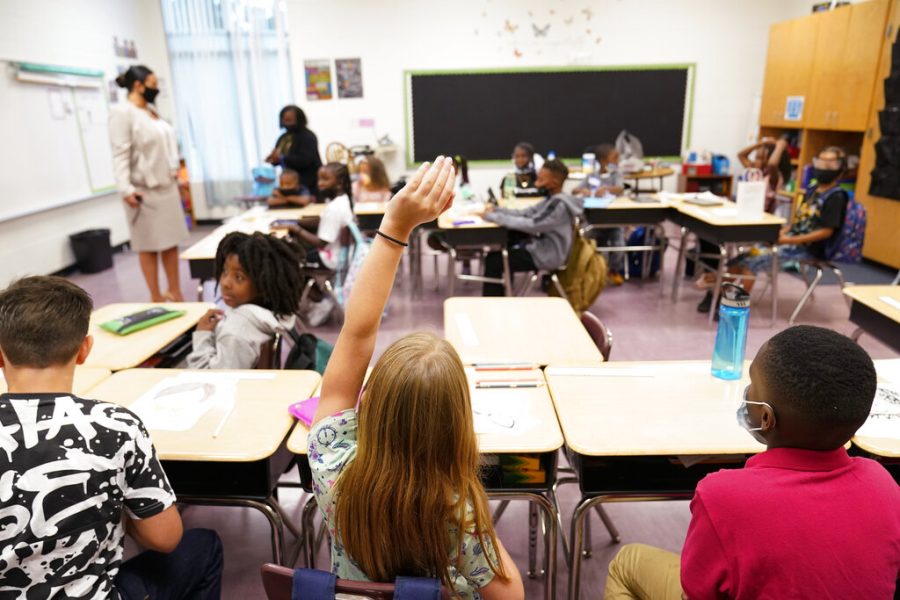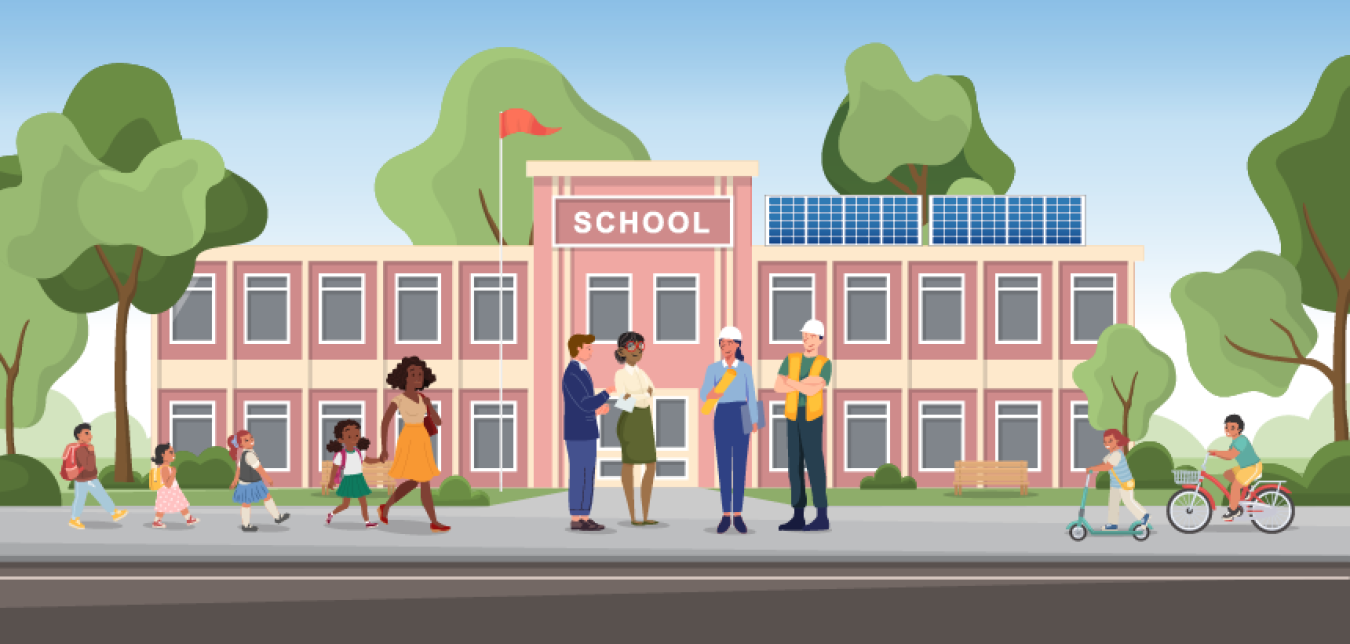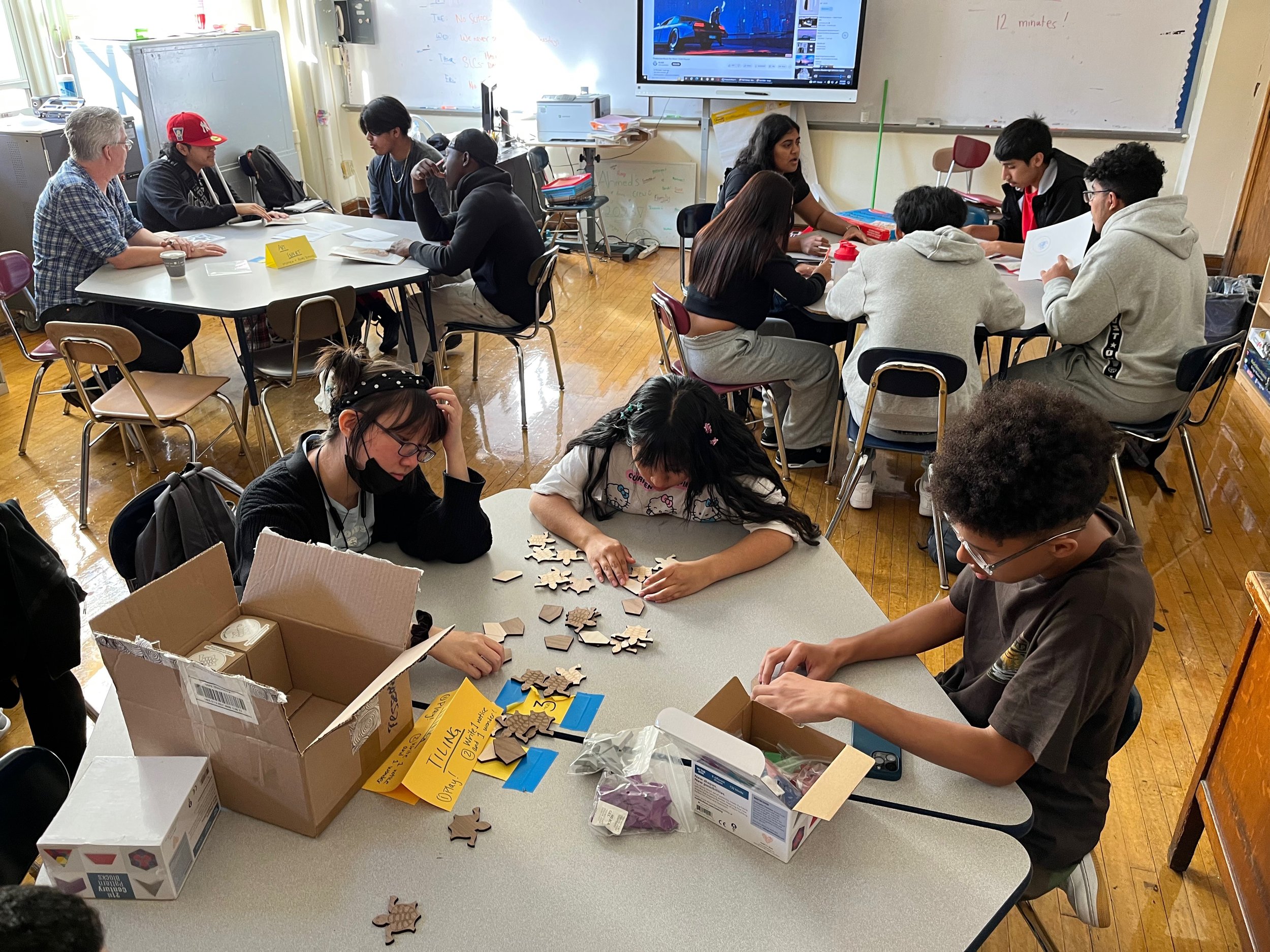Join the Activity to Save Temecula Schools: Area Activity Needed!
Join the Activity to Save Temecula Schools: Area Activity Needed!
Blog Article
The Influence of College Environments on Academic Success and Personal Health
The college environment significantly influences both academic success and individual well-being, including aspects such as physical layout, class atmosphere, and interpersonal characteristics. The layout of educational spaces, including natural lighting and ergonomic furnishings, can improve trainees' focus and comfort. Moreover, the top quality of teacher-student connections and the nature of peer communications play pivotal functions in fostering an ambience for discovering and psychological assistance. Understanding exactly how these numerous factors interplay to form trainee outcomes raises vital questions concerning maximizing academic settings for alternative advancement. Just how can schools tactically improve these facets to much better support their students?
Physical Design and Style
Just how does the physical layout and design of a school effect academic success? The plan and visual of a college atmosphere can substantially influence students' understanding outcomes. A properly designed college layout promotes ease of motion, minimizes disturbances, and fosters a feeling of safety and security and belonging. For instance, wide passages and plainly marked areas help with smooth shifts between courses, minimizing lateness and disturbance. In addition, purposefully put usual areas urge social interactions, which are important for social and psychological development.
Natural illumination and effective ventilation systems are pivotal in enhancing cognitive feature and lowering absence. Researches have shown that classrooms with ample natural light enhance student focus and reduce feelings of drowsiness. Ergonomic furniture tailored to students' demands can prevent physical discomfort, permitting for extended focus and interaction in academic activities.
Accessibility to outside rooms and aesthetically pleasing surroundings additionally play an essential function - Save Temecula Schools. Green spaces and well-maintained college premises provide possibilities for exercise and mental leisure, both of which are vital for preserving high levels of academic efficiency. Fundamentally, a thoughtfully designed physical atmosphere can serve as a catalyst for scholastic excellence, fostering an ambience that sustains both mentor and knowing
Class Ambience
A positive classroom atmosphere is basic to attaining academic success. An atmosphere that promotes a feeling of safety, inclusivity, and mutual respect urges trainees to engage more actively in their understanding procedures. The atmosphere of a class, including elements such as lights, sound levels, and seating plans, can considerably affect trainee concentration and inspiration. A well-ventilated, well-lit classroom with minimal distractions can enhance cognitive function and decrease tension, thus promoting much better academic results.
Furthermore, the class ambience should sustain a culture of partnership and open interaction. They are more likely to involve deeply with the material and develop important assuming skills when pupils feel comfy expressing their concepts and asking concerns. Peer interactions and team activities can boost learning by promoting and offering varied perspectives teamwork
In addition, developing consistent routines and clear assumptions can develop a structured setting that allows trainees to concentrate on their researches. By lessening unpredictability and providing a foreseeable framework, pupils can better manage their time and obligations. Eventually, a favorable classroom ambience not just improves scholastic efficiency but also adds to Continued the total well-being of trainees, preparing them for future academic and individual endeavors.
Teacher-Student Relationships
Building on the relevance of a positive class atmosphere, the partnerships between pupils and educators play a pivotal duty in forming academic success. A healthy teacher-student relationship fosters a discovering setting where pupils really feel valued, recognized, and supported, which dramatically boosts their motivation and interaction. When pupils perceive their educators as empathetic and friendly, they are much more likely to get involved proactively in course and look for assistance when needed, adding to a much deeper understanding of the subject.

This count on allows students to share their worries and ideas freely, cultivating a collective discovering environment. In essence, strong teacher-student connections are a cornerstone of academic success, playing a vital function in both scholastic achievement and personal growth.
Peer Interactions
Peer communications substantially influence scholastic success by shaping a trainee's cognitive and social development. Within the institution atmosphere, peer relationships serve as a fundamental element for learning and personal growth. Favorable peer communications can enhance a pupil's inspiration and involvement in academic tasks with collaborative discovering and shared assistance. When students interact in group settings, they trade concepts, fix troubles collectively, and create important believing skills. Such interactions promote a sense of belonging and area, which is vital for psychological health and academic perseverance.

Effective peer communications likewise contribute to the growth of essential life skills, such as participation, problem, and communication resolution. These social proficiencies are essential for both academic success and individual health, underscoring the significance of fostering positive peer characteristics within the college atmosphere.
After-school Activities
Involving in extracurricular activities plays a critical function in a trainee's scholastic success and individual development. These activities, varying from sports teams to discuss clubs, offer pupils possibilities to refine valuable abilities such as leadership, time management, and synergy. Study continually shows that students who get involved in after-school activities have a tendency to attain greater scholastic efficiency. This correlation is usually credited to the organized environment and the discipline required to stabilize both academic and extracurricular commitments.
In addition, extracurricular involvement cultivates a sense of belonging and community, which is essential for individual health. Taking part in team activities permits trainees to construct and reinforce social networks, enhancing their psychological and social knowledge. These interactions are crucial for creating interpersonal skills that are beneficial in both future and academic specialist click for more info atmospheres.
In addition, extracurricular tasks offer a positive electrical outlet for trainees to discover their interests and interests beyond the conventional curriculum. This expedition can lead to the discovery of new talents and possible occupation courses, additionally inspiring trainees to engage more deeply in their academic work. To original site conclude, the duty of after-school activities prolongs past plain entertainment; they are important to promoting a holistic academic experience that advertises both academic success and personal growth.
Final Thought
Thoughtfully made physical layouts and classrooms, along with favorable teacher-student relationships and positive peer communications, substantially enhance pupil motivation and involvement. These components collectively emphasize the importance of producing and maintaining optimal school atmospheres for the benefit of students' scholastic and personal growth.
Ultimately, a positive class atmosphere not just enhances scholastic performance but additionally contributes to the general health of trainees, preparing them for future academic and individual undertakings.

Report this page